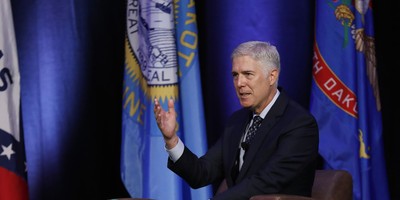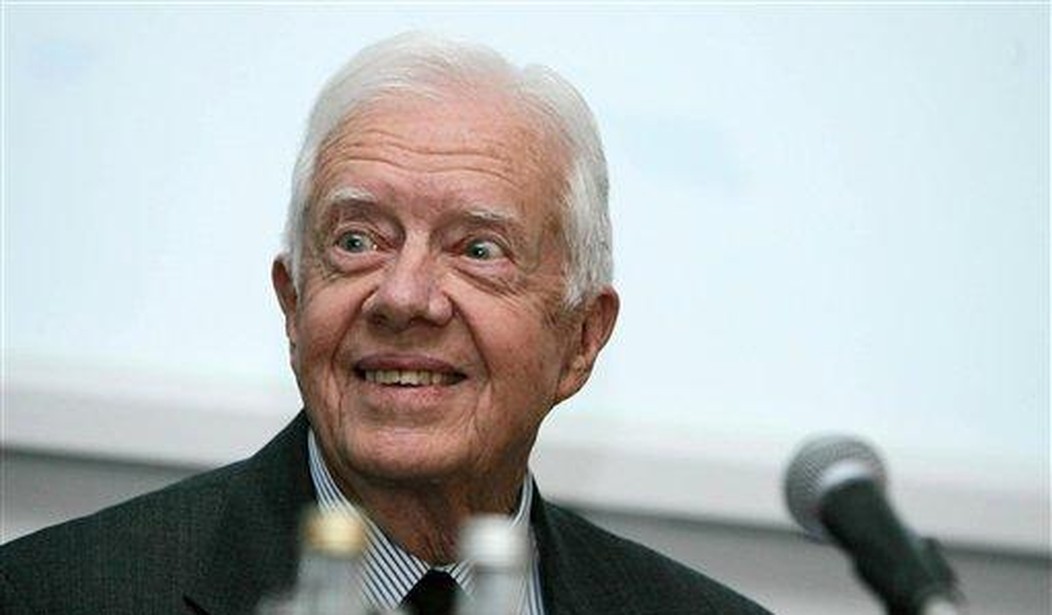The news is out from Plains, GA that former president Jimmy Carter is living out his final days in hospice care. I’ve always wondered how it is that Carter was granted such a long life, nearly a century. So many incredible people I know died so young. I’ve also known really horrible people to live well into their 90s, like Carter. Of course there’s no science behind it, but I tend to think that God gives some of the worst people some of the longest time on this earth in order to have time to repent for what they’ve done in their life. If that’s the case, Carter is surely deserving of the title, and extra time.
While following his death, many are sure to write and publish favorable things about Carter, leading with his being a volunteer for Habitat for Humanity. But per the words of Shakespeare’s Julius Caesar, I come to bury Carter not to praise him.
Just before I arrived at Emory University in 1983, Jimmy Carter had set up shop there with his presidential library, the Carter Center. A friend correctly referred to it as his presidency in exile. Indeed, after his one term in office, leading the country in “malaise,” Carter went home to Georgia as one of the most unsuccessful US presidents ever.
The American economy staggered under Carter. For the last 443 days of his presidency, America and dozens of Americans were literally held hostage by Iran due to Carter’s inept managing of US relations with the Shah, throwing him under the bus, and allowing the take-over of the US embassy in Tehran to stand. Once, as a student at Emory, I was in a class that Carter was lecturing to about the Middle East. He shared a behind the scenes “negotiation” he had with Libya, sending a private message to its dictator that he knew the coordinates of a certain Libyan military installation, and threatened to destroy it if Qaddafi did not stand down. If Carter tried such things with Iran, he failed miserably.
Recommended
Other than abandoning the Shah, a long time US ally, Carter paved the way for the extremist Islamic mullahs to seize control of Iran, enabling Ayatollah Khomeini to take control, institute an evil brand of Islam that has kept Iranians hostage since, and made Iran the largest supporter and funder of terror whose fingerprints and blood stains have harmed the entire world.
Perhaps the one shining success of Carter’s presidency was his ability to navigate and cajole Israel and Egypt to sign the first ever Arab-Israeli peace treaty 44 years ago next month. The peace has never been warm, and certainly not trickled down to the vast majority of Egypt’s 100 million citizens, but has lasted and is an important relationship and model for what’s begun to happen in recent years with Arab states stepping up to make peace. The Camp David peace treaty won Egyptian President Sadat and Israeli Prime Minister Begin the Nobel Prize, leading some to wonder if Carter was, at best, just a supporting actor if not an extra, and that peace was going to happen anyway.
Despite the fact that Camp David didn’t earn Carter the Nobel Prize, Israelis and Egyptians owe him a debt of gratitude for that one (maybe only) good part of his legacy. It would be dishonest and insincere not to acknowledge that, especially when it’s one of the only things on which Carter could rest his hat with any sense of a positive outcome, especially related to the Middle East.
During his presidency, Carter broke a taboo and sent his emissary Andrew Young to meet with the PLO. Carter had no problem emboldening terrorists, whether in Iran, or hiding out in Lebanon and Tunisia, even (or especially) if they were set on harming Israel. Like dancing the two-step, he’d twirl forward two, but then backward one or two more steps.
If one looks at Camp David as the success that it was, on the surface one would not be mistaken for thinking Carter did great things. But while Carter’s presidency ended, his Middle Eastern interference did not. And with this, he revealed a deep seeded antisemitism. One does not become an antisemite in a day. He did not advocate for Jews to be second class citizens, being rounded up and sent to the gas chamber, or anything like that.
However, were there a Nobel Prize in antisemitism, Carter would surely be a winner. His perception of Jews, including his rhetoric and holding Israel to a double standard, demonstrated this in many ways. Carter was one of the first to publicly accuse Israel of apartheid. In doing so, he justified Palestinian Arab terror against Israelis and Jews, blaming the victim. Carter may have been a horrible president but he is no dummy. His choice of words was precise and deliberate.
Carter also associated himself with a group of defunct world leaders known as the “Elders.” One thing they had in common was their hostility toward Israel, as if they were writing a sequel to “The Protocols of the Elders of Zion.” One can learn a lot about a person by the company they keep. Carter loved being around and emboldening the antisemites.
As a student, I had Carter as a guest lecturer many times. He was always charming, sometimes even interesting. After one presentation he made, there was time for one question. My hand shot up. It happened to be the week of the anniversary of the Israeli-Egyptian peace treaty. I thanked him for his role in bringing peace to Israel and Egypt, to which he responded with a big peanut smile. Then I asked him, “President Carter, from an academic perspective and as a representative of Emory, isn’t it disingenuous for you to travel around the Middle East and blame Israel for all the problems in the region including in Jerusalem, but never putting responsibility on the Arabs for their resisting peace and engaging in terror.”
I don’t remember his answer specifically, but his peanut smile disappeared and, as they say in the vernacular, he ripped me a new one.
It’s ironic that the one good thing he was a part of, peace between Israel and Egypt, was also the cornerstone of his expression of antisemitism. Maybe that’s why he’s lived so long, to have the opportunity to do right what he’s done so wrong. He hasn’t. Carter will be remembered as a failed president, and as an antisemite. As Shakespeare wrote, “The evil that men do lives after them. The good is interred with their bones.” So let it be with Carter.

























Join the conversation as a VIP Member